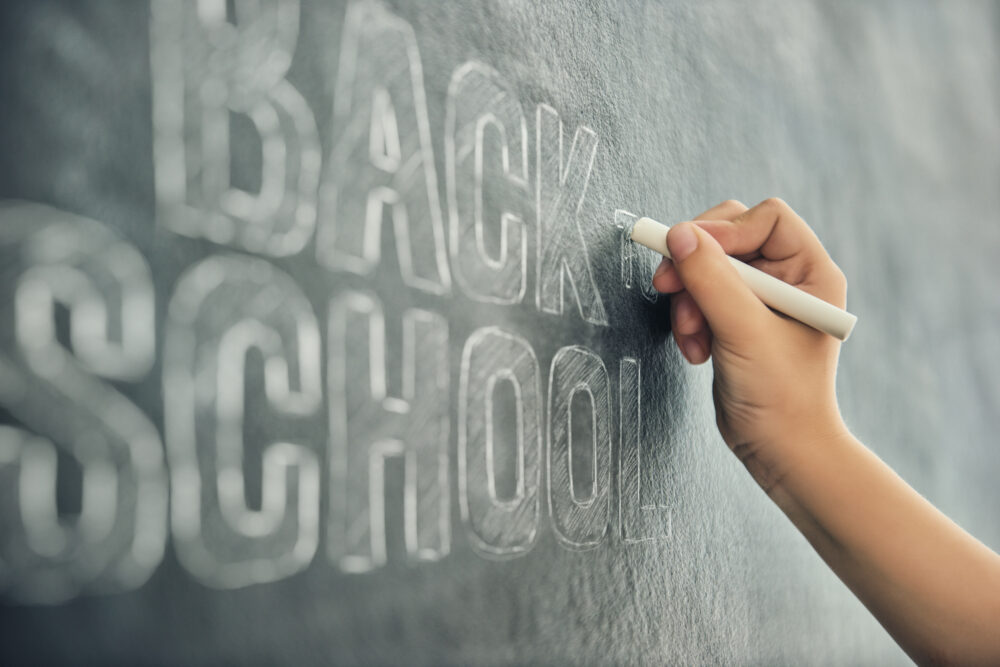Back to school brings with it a host of challenges as remote learners come back to in-person learning. Schools are resorting to training, technology, counselling and increased manpower to make it a pleasant experience for students
Dubai, Sept 6, 2021: Schools across the UAE have started welcoming students back to the campus after more than 12 months of online learning. They’ve made additional investments, crafted new strategies, incorporated COVID-19 guidelines and equipped teachers to handle both emotional and academic requirements of students in the new environment.
Schools are expecting increased in-person attendance starting September ahead of the October 3 deadline where Dubai has made physical attendance compulsory. Except in Dubai, across other emirates students can opt for a hybrid model. Parents will need to submit a medical certificate if a student is unable to attend classes in person in Dubai.
As per the Ministry of Education guidelines regarding social distancing, it is mandatory to have a physical distance of one metre between students in classrooms, laboratories and learning resource rooms. Furthermore, the health authorities have also recommended preparing an ‘Educational Establishment Preparedness Plan’ to receive students that includes the requirements and precautionary measures.
Schools, which have been operating a hybrid model during the past few months, said they have made all necessary arrangements for physical classes to start. The challenges however are unique. Many schools feel that creating confidence amongst students could be one of the challenges while recreating a social bonding amidst social distancing could be another. “Students have missed social opportunities and creating them while maintaining social distance can be a challenge,” says Annette Drake, Deputy Head Pastoral at Repton Dubai.
Meanwhile, many children are going through emotional issues. Some students have lacked confidence upon return having missed some of their schooling while others are dealing with separation from parents. “Our School Counsellor will also be creating sessions for students who may feel apprehensive. Opportunities for students to discuss their feelings with each other and tutors have been encouraged during tutor sessions,” adds Drake.
Unlike the pre-pandemic situation where kids who start schooling used to go through anxiety issues, a major change that is expected this time is students of all age groups dealing with adjustment issues.
“Rather than a small number of students who have been away for extended periods of time, we are dealing with a larger group,” says Karen McCord, Executive Principal, Australian International School, Dubai.
In an effort to make the transition seamless, schools have adopted various strategies such as organising a meeting prior to the start date for both UAE resident students and those new to the country.
Abigail Fishbourne, School Improvement Partner, International Schools Partnership (ISP) – Middle East says, “We have used a range of strategies. Organizing school visits for new students prior to opening and sharing digital books with students that take them through their first steps of returning to school are some of them.”
Schools using online learning platforms have developed good individual relations with students and parents which they are putting to use. They have also made additional investments to adjust to new norms in terms of manpower, facilities and training requirements for staff.
“We have made large investments into additional resources… adjustments to community areas to ensure multiple bubbles… and social distancing procedures,” says Dr. Vandana Gandhi, CEO and Founder of British Orchard Nursery.
“We also invested in manpower, training and technology to ensure that our teams could still communicate, celebrate, educate and share educational resources with our families even though their access to the nursery was restricted,” adds Dr. Gandhi.
Training staff has been an important part of schools’ preparations ahead of the re-opening. “Our biggest investment, however, has been in our staff. They, in turn, have invested their time and energy into the planning and preparation of pastoral and academic teaching and learning,” says Fishbourne.
Teachers are being trained in new teaching strategies and practices to encourage better instructional communication, improved understanding of technology integration and to facilitate more meaningful and inclusive participation of students.
Several sessions were also held by the Ministry of Education in training schools on pandemic-related protocols.
Similarly, schools have had their senior leadership teams train teachers on COVID-19 protocols.
“Caring for staff by recognising the additional pressure that COVID-19 has created both professionally and personally and mitigating any additional workload wherever possible have also been key to wellbeing. We have worked hard to remember to have fun, laugh when we can and come together (albeit at a slight distance) to celebrate all that is wonderful about our students and school,” says Drake.








